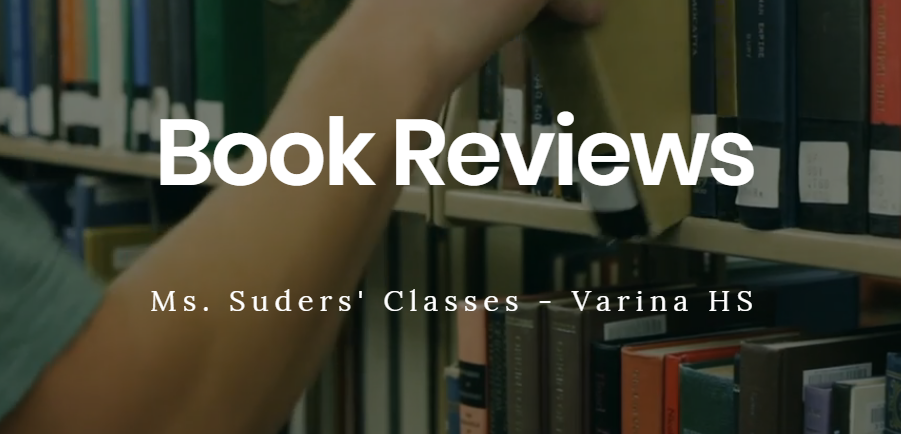Submitted by: Molly Lynde
Collaborators: Susan Little, Librarian & Darien Fisher-Duke, Librarian
School: Mills E. Godwin High School
Summary
The Age of Exploration marks the first global age of mankind. Scholarly opinions differ as to whether or not explorers such as Columbus and Cortez did more harm than good in their quest to find new trade routes and bring glory and territory to their European kingdoms. Students should be able to understand and analyze both the courageous exploration and blatant exploitation of this age. Students must become well versed in historical analysis to accurately interpret primary sources and support their own conclusions as well as make connections across curriculums. To meet this goal, students will analyze 2 select primary sources, collaborate on a teacher-student collection of primary sources, create their own individual collection of five primary sources, and practice using a peer’s primary sources collection as evidentiary support in a cumulative essay.
TIPC Ratings
- Librarians and teacher initially guided classes to possible information sources, but then students had to search and find their own additional sources to best fit the essential question. Because students were only allowed to use primary sources to complete their assignment, they had to be able to distinguish between primary and secondary sources and filter out any secondary sources that were on the websites and in the books they used for their research.
- Each student had to assemble a packet of primary sources, and then exchange that packet with another student in the class. Then the student then had to use the packet he received as evidence to build a case to answer the essential question in a reflective essay.
- Students used the final self-evaluation to reflect on what they’d learned which included how well they’d collaborated in exchanging packets.
- Students used School Space and the Library Wiki to drop their work and to access other student packets.
- Students used the digital packets they received from their classmates as evidence in the written opinion essay answering the Explorer’s DBQ (essential question).
- Students used the final self-evaluation to reflect on how they’d used the DBQ packet to answer the essential question.
- Students generated an opinion piece or editorial which answered the essential questions.





